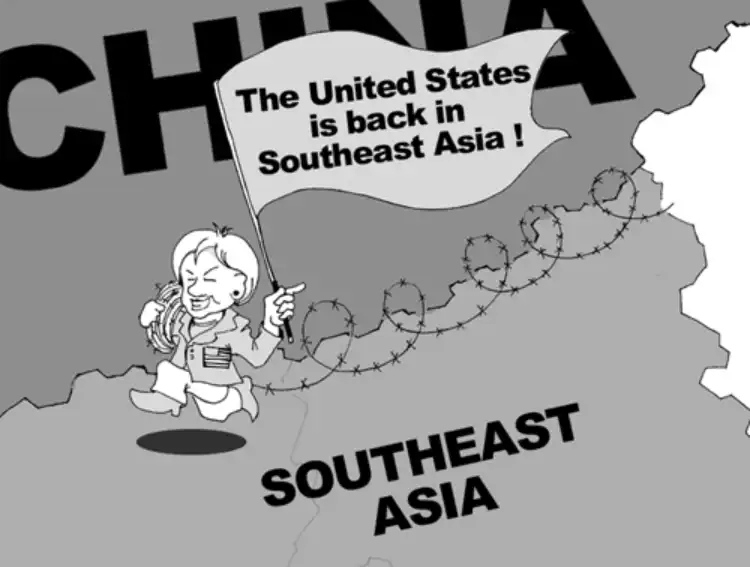The relationship between Japan and South Korea has been fraught with historical issues that continue to be a significant barrier to their bilateral ties. The United States has repeatedly exerted pressure on South Korea to compromise with Japan in order to form a united front against their rivals. As a result, South Korea has had to make decisions that damage its own image and even its national interests, and this has raised questions about the sustainability of the current easing of tensions between Japan and South Korea.
In order to mend ties with Tokyo, Seoul recently announced a plan to compensate Koreans who performed forced labor during Japan‘s colonial rule. However, the compensation plan does not require Japanese companies to contribute to the reparations, which has triggered anger from some of its domestic and political audiences. While the move has been hailed by the US as “a groundbreaking new chapter of cooperation and partnership between two of the United States‘ closest allies,” it has also drawn attention to Washington’s interest in maintaining regional stability to contain China in the Asia-Pacific region.
However, sacrificing the interests of other countries to meet its own security and economic goals is a routine practice of the US. Its security concept is an absolute one, which prioritizes satisfying its own security needs at the expense of other countries’. This is a morbid security concept that can trigger regional disorder, division, and even war, and all regional parties must be vigilant.
Japan’s militarism has resulted in enormous damage to regional countries, including China and South Korea, and this pain still lingers. Japan has always lacked genuine self-reflection on historical issues. As a result, the country denies the fact of forced labor during World War II, which has led to tension with China and South Korea.
Forced recruitment and enslavement of laborers is a grave crime against humanitarian law committed by the Japanese militarism during its aggression and colonial rule against the people of Asian countries, including China and South Korea. The facts are backed by ironclad evidence and shall not be denied or altered. Japan should take history as a mirror and should not add new suffering to regional countries while their old wounds have not been healed.
In the face of opposition from relevant countries including South Korea, Japan had promised to take follow-up measures to explain the historical facts of forced labor to the world. However, it turns out to be merely lip service. Japan’s unreliable behavior has heavily hit its credibility among regional countries and even in the international community.
Apart from that, Tokyo also blindly follows the US’ suit in creating regional instability. The Japanese government constantly emphasizes the threats from its neighbors, as a pretext to significantly increase military spending, strengthen military forces, and seek a breakthrough from its pacifist constitution, rushing toward the path of military expansion. This denial of its aggressive history and glorification of militarism not only prevents Japan from achieving true historical reconciliation with Asian countries, but also risks repeating its past mistakes and bringing new disasters to Asian countries as well as the Japanese people.
While the US continues to exert pressure on South Korea to compromise with Japan, it is important to note that the diplomacy of both Japan and South Korea are heavily influenced by domestic politics. This is particularly true for South Korea, where strong sentiments against Japan and the US exist. In this context, it is questionable whether the current easing of tensions between Japan and South Korea is sustainable in the long term.
Japan’s response to the US neglect of its aggression history has significant implications for regional stability. While the US continues to prioritize its own security interests at the expense of other countries, Japan must take history as a mirror and reflect on its past mistakes to achieve true historical reconciliation with Asian countries. Denial of its aggressive history and glorification of militarism only


